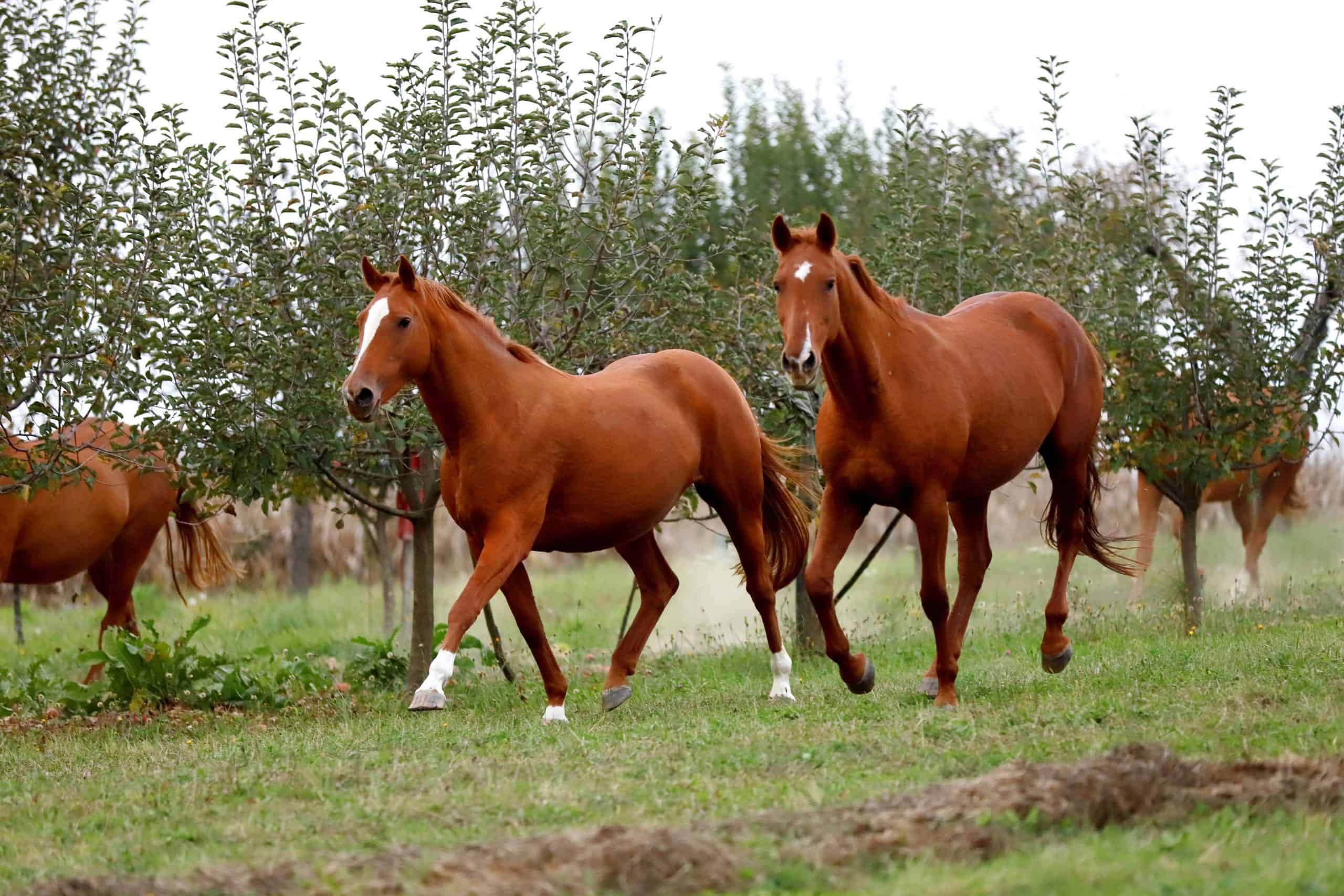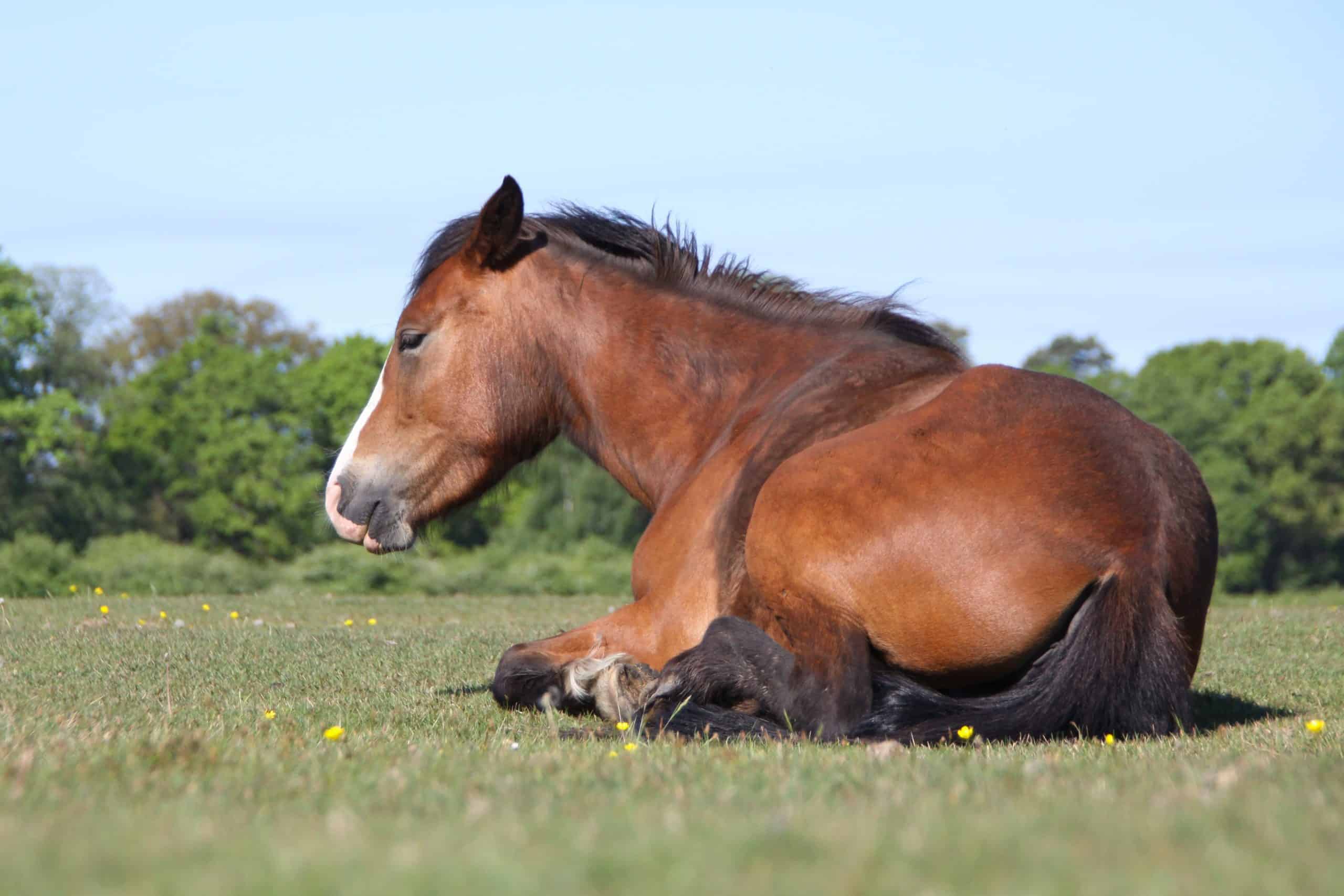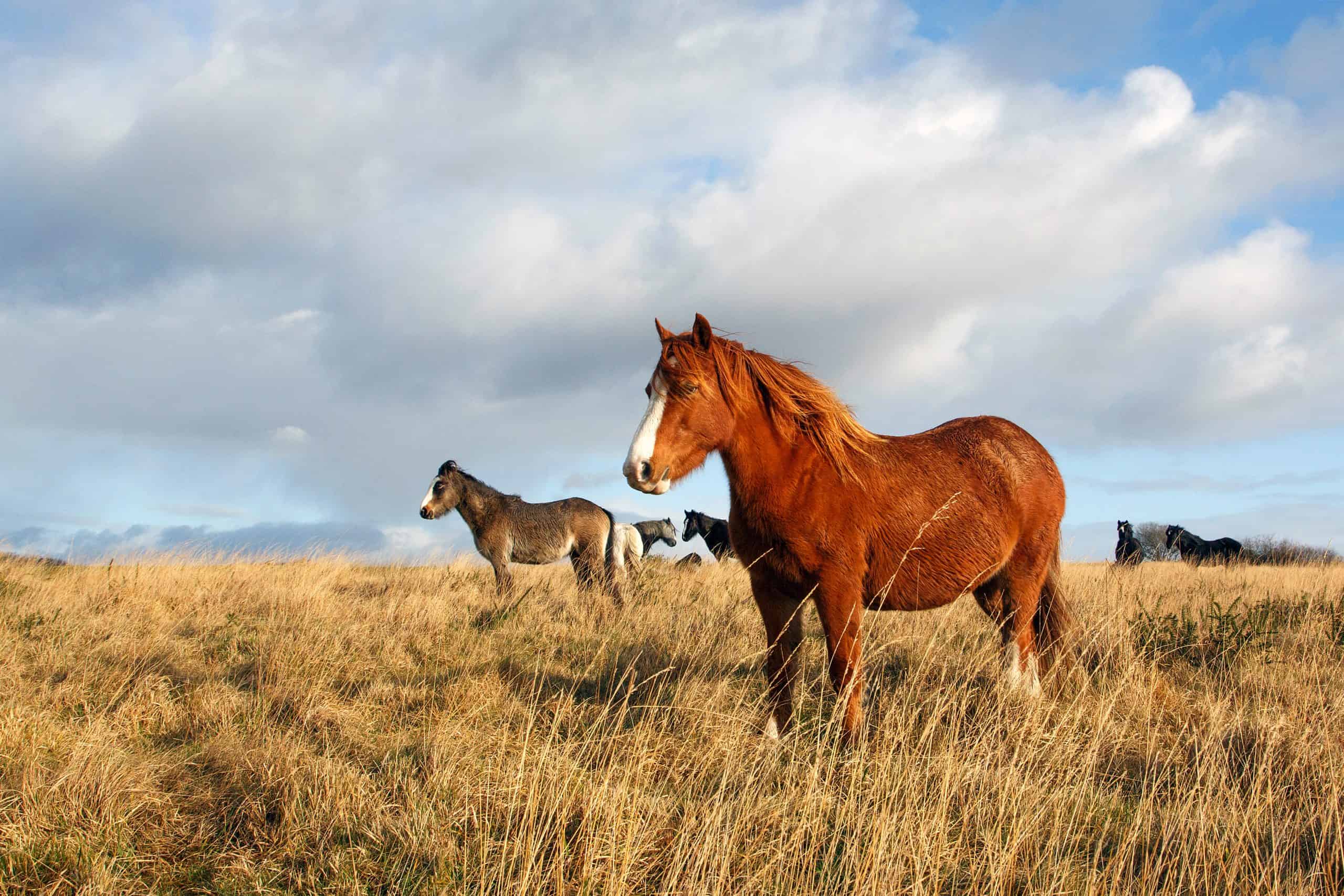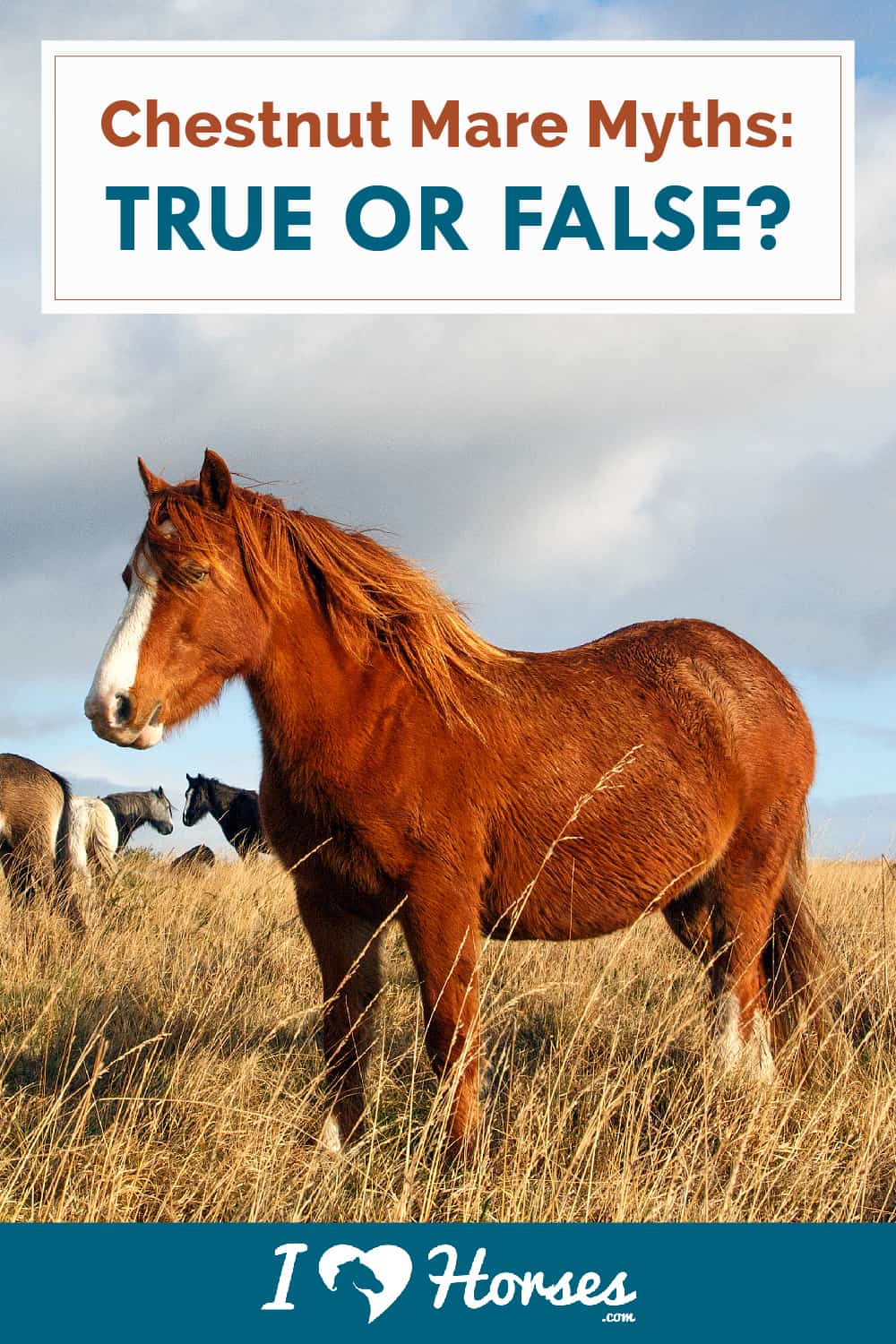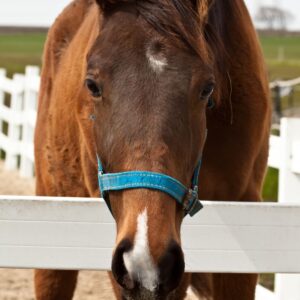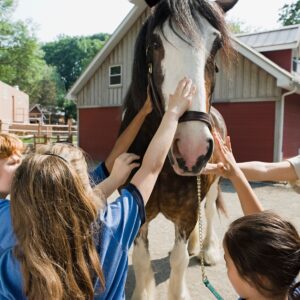Ah, the Chestnut mare – no matter what breed, this color can automatically mean trouble. There are so many memes about these horses that make us giggle, but what is the real story about “Hell hath no fury like a Chestnut mare?” Can color really affect behavior?
The Myth: Beware the Chestnut mare!
For as long as horse people have been around, it is said that a Chestnut mare is basically a fiery redhead. They have a reputation of being crazy – short-tempered horses who kick, buck, bite, the whole nine yards.
After doing some reading on a horse forum about the stereotype, it was interesting to find out that the stereotype went both ways. Some people absolutely agreed. They said that they owned a chestnut mare and the horse was just mad and unpredictable. Some believed so strongly about the stereotype that they refuse to even look at buying a Chestnut mare. Only a few that said this was specific to what breed their chestnut mare was – most of the time the fiery redhead was a Thoroughbred. However, Thoroughbreds are known to be quite hot - they were bred that way - so it made sense why the stereotype fit a Chestnut mare Thoroughbred.
It was also interesting to find that this stereotype was found more frequently in America in this case. More people who commented on the forum from Switzerland never heard of "beware of the chestnut mare." One reason for this could be that there are more Chestnut mares that are off-the-track in the United States, as Thoroughbred racing is a big deal in the U.S.
Other breeds identified in the forum to support the myth were Arabian Chestnut mares. Some Quarter Horse owners did not agree with the stereotypes. Other contributors stated that a Chestnut mare was the best horse they ever owned!
So are the stereotypes true or not? It's difficult to say for certain, but one study provided some interesting insight:
The stereotype of coat color and sex affecting behavior intrigued animal behavioral scientists so much that they actually conducted a study to prove or disprove the myth. Brandon Velie of the University of Sydney surveyed 477 Chestnut mares from all different backgrounds and tested them against Bay horses. Velie tested the mare’s behavior; if they bucked, kicked, failed to lead, or were reluctant to approach or responded negatively to strange objects.
The Results
Myth busted. After the survey, Velie concluded that the color of a horse’s coat did not affect how the horse behaved. What was interesting about the study was that they found Chestnut mares were bolder than the Bays. When faced with an unfamiliar object, the Chestnut mares were more open to approaching the object instead of running away. The study was so interesting that it has been published in Applied Animal Behavior Science Journal.
Despite the results from this study, it is still common in the horse community to see and hear these horses labeled as being a little crazy. No matter the research, we may always associate Chestnut mares with a fiery and short-tempered attitude. Apparently, there were some really misbehaved Chestnut mares back in the day that gave all of these horses the stereotype of being a crazy fiery redhead. But aren’t all mares that way at some point?
What’s your opinion? Do you think the stereotypes about Chestnut mares are true? Let us know in the comments below!
About the Author
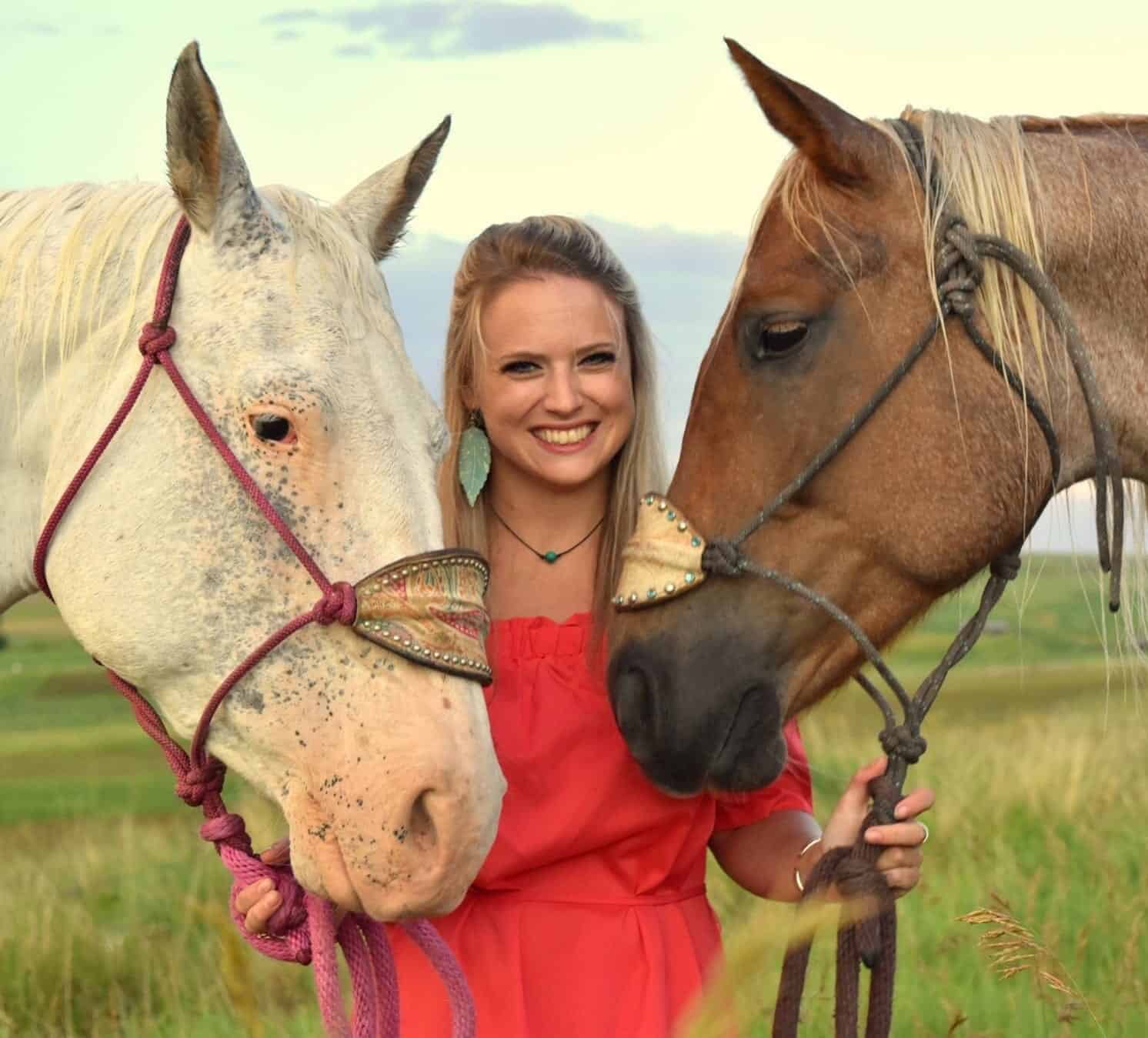
Horse Courses by Elaine Heney
- Listening to the Horse - The Documentary by Elaine Heney & Grey Pony Films
- Shoulder In & Out Training for better balance, bend & topline development with your horse
- Over 110+ Polework Exercises & Challenges to Download
- Dancing at Liberty & Creating Connection with Your Horse (11 lessons) - Grey Pony Films
Her horses are her free time passion – Squaw and Tulsa. Dani has owned Squaw for 17 years and this mare has made 2 trips across the country with Dani! Squaw is a retired rodeo and cow horse. Her other mare, Tulsa, is an upcoming ranch horse. The girls have an unmatched personality and bond with Dani. She has been around horses her entire life and rodeoed throughout highschool and beyond. Now, she enjoys riding on the ranch, working cattle and trail riding.

